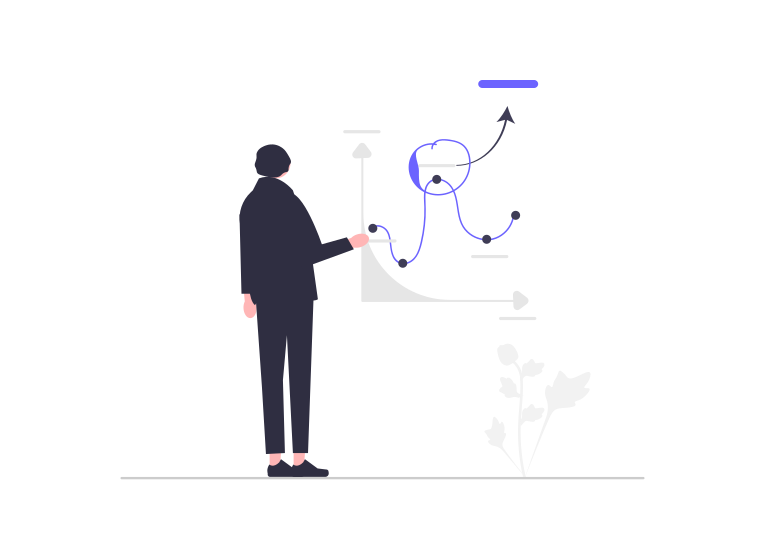
Data scraping in the financial industry is a powerful tool that allows financial institutions, analysts, and investors to collect, analyze, and monitor vast amounts of financial data from various sources. Here are some key applications of data scraping in the financial sector: Market Data Collection: Data scraping can be used to gather real-time and historical market data, including stock prices, exchange rates, commodity prices, bond yields, and other financial instrument information. Financial News and Sentiment Analysis: Scraping financial news articles, press releases, and social media discussions helps in sentiment analysis, allowing financial professionals to gauge market sentiment and make informed investment decisions. Economic Indicators: Data scraping can collect economic indicators, such as GDP growth, inflation rates, employment data, and interest rates, from government and financial institution websites. Company Financials: Scraping financial statements, balance sheets, income statements, and cash flow data allows analysts to evaluate a company's financial performance and make investment assessments. Credit Risk Assessment: For banks and lenders, data scraping can aid in assessing credit risk by gathering and analyzing data on borrowers' credit scores, payment histories, and financial backgrounds. Algorithmic Trading: Financial institutions often use data scraping to collect real-time market data for algorithmic trading strategies. Investment Research: Scraping data from research reports, analyst forecasts, and investment blogs helps investors stay updated on company performance and industry trends. Exchange Traded Funds (ETFs) Analysis: Data scraping assists in tracking ETF holdings, flows, and performance, enabling investors to make better decisions regarding their ETF investments. Options and Derivatives Analysis: Collecting options and derivatives data from exchanges allows traders and analysts to monitor option volumes, open interest, and pricing. Compliance and Risk Management: Financial institutions can use data scraping to monitor and track regulatory changes, ensuring compliance with financial regulations and reducing potential risks. Cryptocurrency Market Data: In the rapidly evolving cryptocurrency market, data scraping is used to gather data on cryptocurrency prices, trading volumes, and market capitalization.
Get Access To Most Accurate and Comprehensive Contact Database